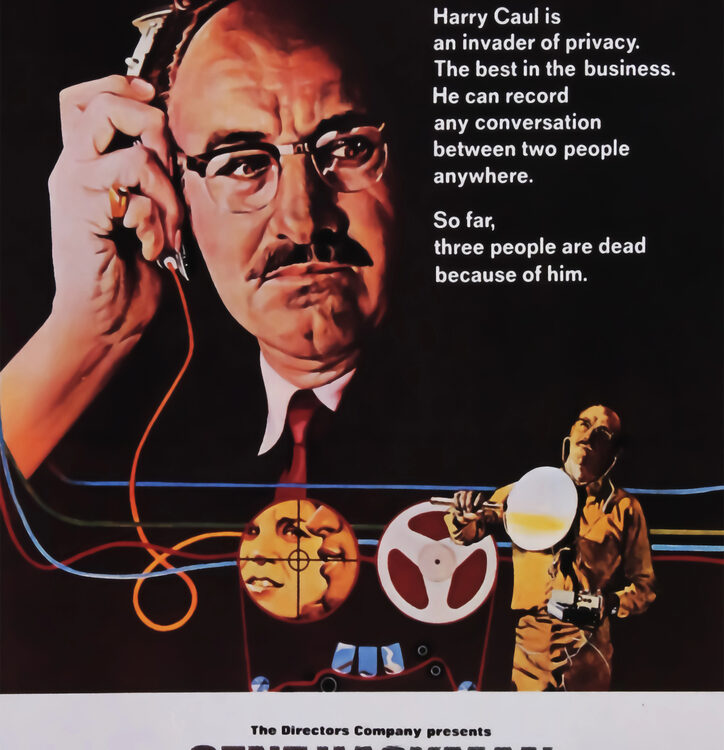
Jamie Spears Requests $2 Million for Legal Fees
May 12, 2021
Why Did Melinda French Gates Hire an Estate Planning Attorney During Her Divorce?
June 15, 2021If asked, it is likely that most people would agree it is important to have some sort of estate plan in place to direct the management and distribution of assets at death as well as during periods of lifetime incapacity. However, in a recent Schroders Personal Wealth survey of 1,000 parents over the age of 60, a shocking 78 percent of respondents admitted to having no planning strategies in place.

What’s more, 40 percent of them stated that they have never had discussions with their adult children about their wishes and goals for their financial legacies – a figure that expands to two-thirds of respondents who said they have rarely or never talked to their children about inheritances. While 22 percent of those surveyed do have estate plans in place, fewer than half said their children know what is in those plans.
In another survey conducted by the firm, this time of 1,000 adults aged 30-59 with at least one living parent, one-third of respondents indicated they are concerned about the prospect of managing their parents’ wealth if and when a parent was no longer able to do so.
These survey results underscore the importance of not only engaging in proactive estate planning, but also of having potentially difficult conversations with loved ones. It is rarely fun or exciting to talk about Wills, Trusts, beneficiary designations, asset titles, powers of attorney, or health care directives. However, doing so can give you peace of mind – while helping your loved ones understand your wishes and giving them the opportunity to ask clarifying questions as needed.
No matter your age or current health status, you can benefit from creating and implementing an estate plan – one that you can revise over time as your circumstances and wishes change. To learn more, contact The Estate Planning & Legacy Law Center today!




